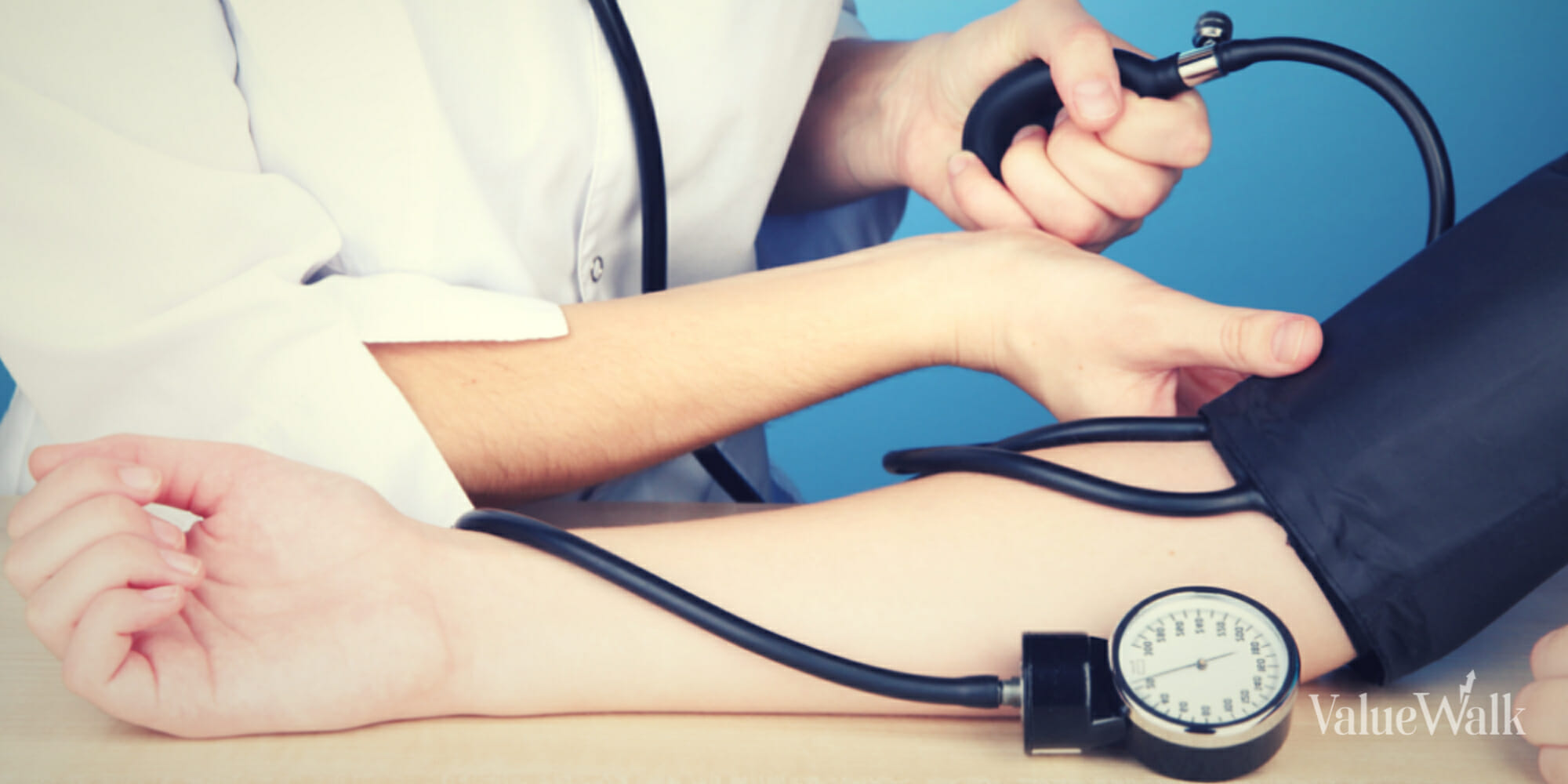High Blood pressure is a key factor in the risk of stroke and brain damage in patients over 50 and Alzheimer’s and dementia for younger adults, according to findings in two recently published studies
Both studies were published in the separate issues of the JAMA Network Open.
Lowering Systolic Blood Pressure
A study from the University of Texas Health Science Center at San Antonio was published last month. It indicates that reducing systolic blood pressure to under 120 can lessen the chance of cerebrovascular events such as stroke, embolism, and hemorrhage in patients over 50.
Systolic blood pressure measures the force the heart puts on artery walls as it beats. It is the top number in blood pressure readings. The bottom number is the diastolic blood pressure. It measures the pressure on artery walls between beats.
“Our study demonstrates that lowering systolic blood pressure to below 120 mm Hg is more effective in preserving brain health compared to standard treatment goals,” said Mohamad Habes, PhD, assistant professor at the Glenn Biggs Institute for Alzheimer’s and Neurodegenerative Diseases at UT Health.
Early Treatment
Another study published this month from the University of California-Davis suggests that treating hypertension in young and middle aged adults may prevent Alzheimer’s and dementia later in life. It found that having high blood pressure in your 30s is an indication you will have poor brain health in your mid-seventies.
The UC-Davis research also found that reduced volume in gray and frontal cortex matter was greater in men. They hypothesized that higher levels of estrogen may help women preserve more volume in those areas.
Both studies emphasized the importance of reducing or eliminating the risks of hypertension.
“High blood pressure is an increasingly common and treatable risk factor associated with dementia,” said Kristen M. George, assistant professor in the UC-Davis Department of Public Health Sciences. “This study indicates hypertension status in early adulthood is important for brain health decades later.”
Health Risks of High Blood Pressure
About 500,000 Americans die each year from illness related to hypertension, according to the Centers for Disease Control and Prevention (CDC). The condition is prevalent throughout the nation.
Nearly half of all adults in the United States have high blood pressure, reports the CDC. That amounts to 108 million people. In addition, only one in four have the condition under control.
Economic Impact of High Blood Pressure
Hypertension is life threatening to individuals. However, it also costs the national economy $131 to $198 billion a year, according to the CDC. Those figures include the costs of medical care, prescription drugs and loss of productivity from deaths related to hypertension.
In addition, another CDC report finds that individuals with high blood pressure pay up to $2,500 a year more for care than those without the condition.
Taking Charge
The Good news is that hypertension is treatable. That may include medications. However, there are many things you can do on your own..
The Mayo Clinic offers 10 ways to reduce or control high blood pressure. They are:
- Lose extra pounds and watch your waistline
- Exercise regularly
- Eat a healthy diet
- Reduce salt (sodium) in your diet
- Limit alcohol
- Quit smoking
- Get a good night’s sleep
- Reduce stress
- Monitor blood pressure at home
- Get support
About the Author
Max K. Erkiletian began writing for newspapers while still in high school. He went on to become an award-winning journalist and co-founder of the print magazine Free Bird. He has written for a wide range of regional and national publications as well as many on-line publications.












